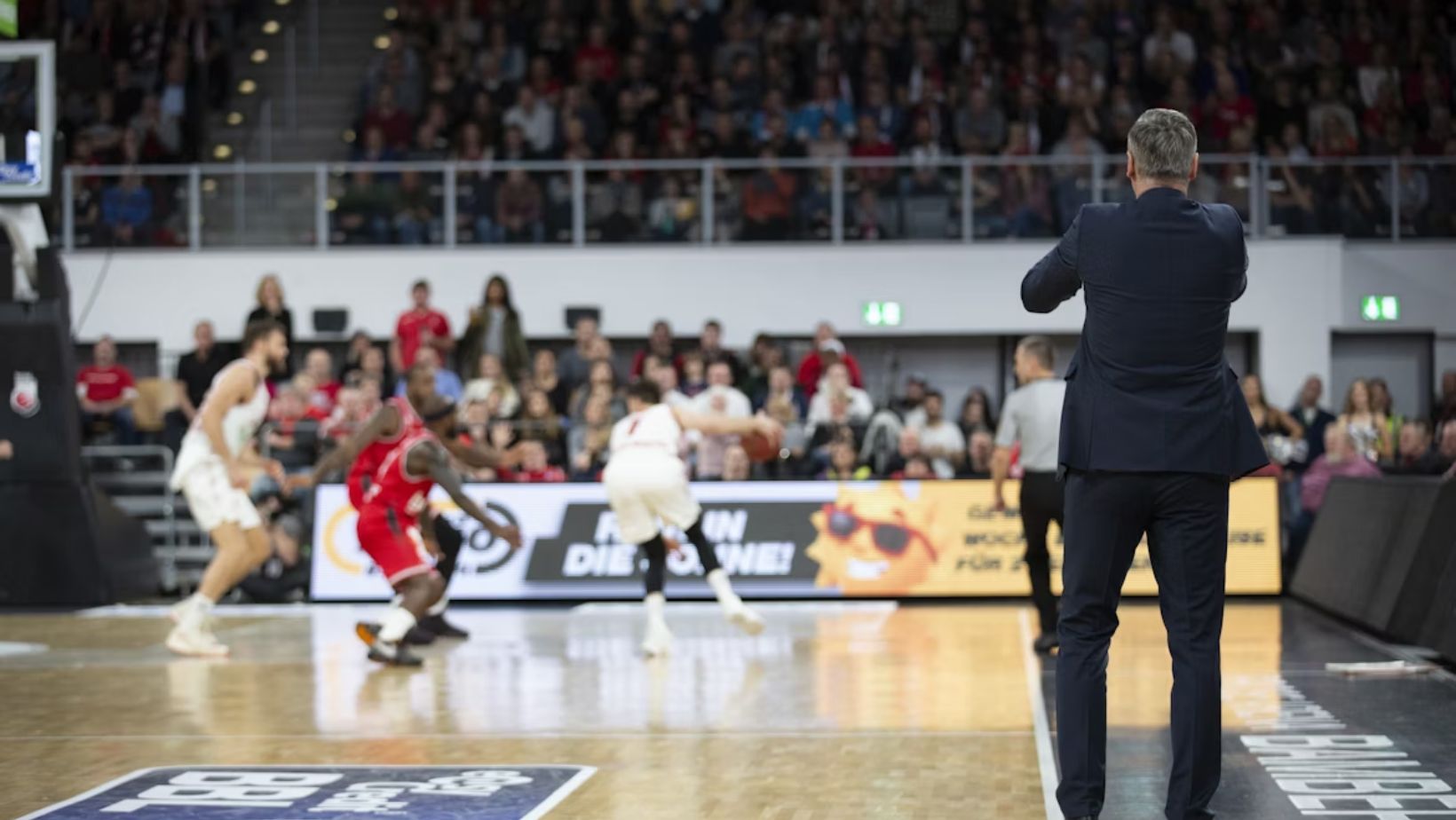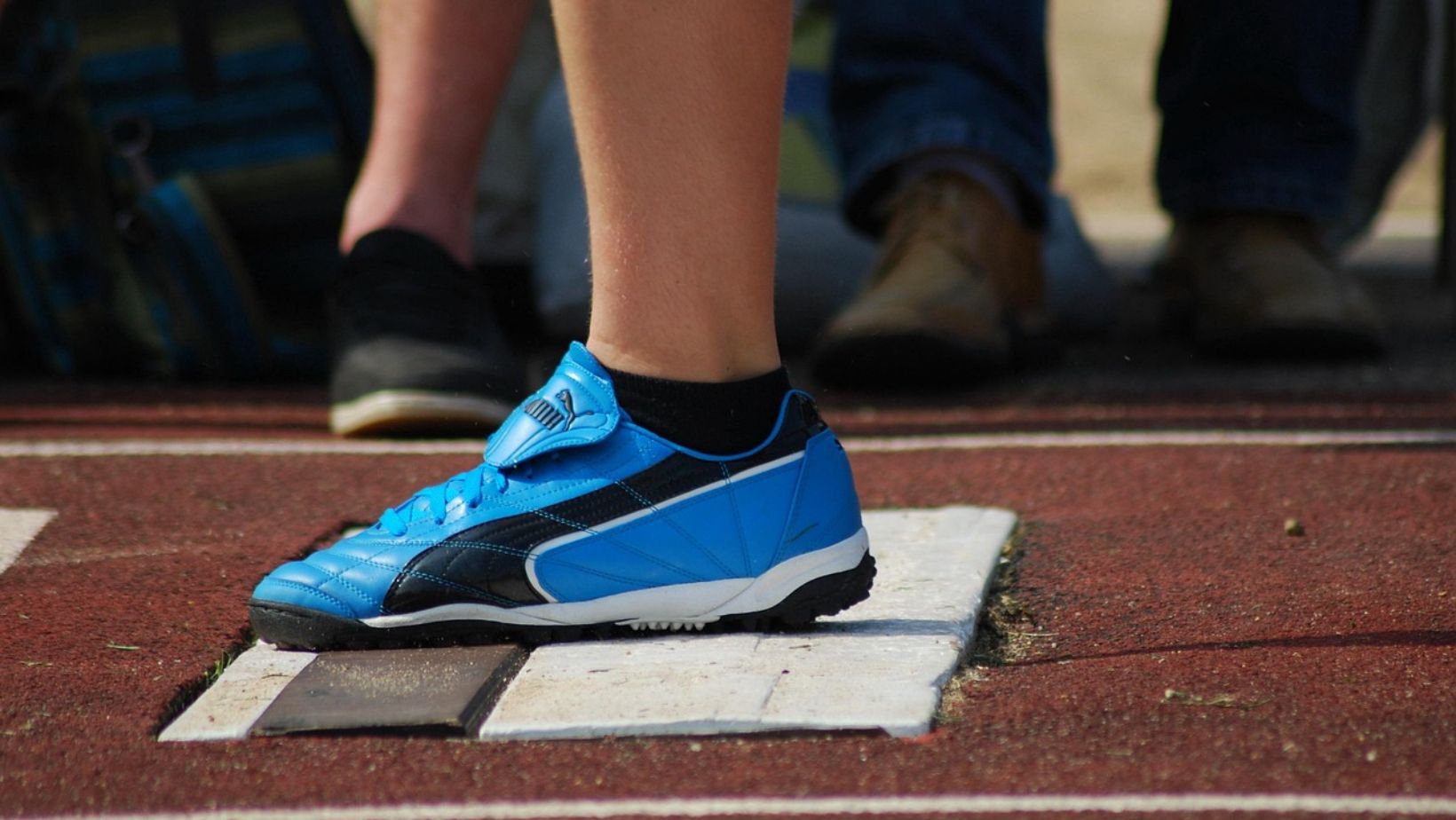Top-level athletes not only train their physical bodies, but they also practice their minds to perform under pressure, remain focused, and act accurately. They practice scenarios, perfect routines, and come up with mental cues before competition. This is what keeps them on their toes and prevents them from making crucial errors in moments when the game is at stake.
Visualization Techniques
Visualization trains the mind to enhance timing and accuracy under the stress of a real game situation. This psychological preparation has a direct influence on important aspects, such as the basketball odds, which are influenced by the players’ performance and results. This is why world-class performers do not leave their performance to chance.
Olympic skiers chart the courses in their minds so that they can anticipate the changes and avoid errors. The Formula 1 drivers will train the laps in their mind so that they can train braking and passing. The same brain regions are engaged during mental rehearsal as during physical practice, building muscle memory.
Managing Pre-Game Anxiety
Pro athletes employ specific strategies to prevent stress from disrupting their game plan. It is all practiced:
- Controlled breathing: it helps to reduce the heart rate, which will decrease the adrenaline rush before the game.
- Cue words: personal reminders that are short and speedily redirect the mind when necessary.
- Regularity: regular warm-ups are a reminder to the brain that it is time to compete.
To drown out the audience, NBA players practice free-throw routines. Tennis professionals engage in routines during serves to get in the zone. Sports psychologists create these instruments to help athletes remain calm when pressure increases.
Building a Winning Mindset
Elite athletes condition their heads so that they can stay sharp in the face of intense pressure. This is how they are consistent when all is at stake. As with the strategy of any player in the online casino Philippines, where accuracy and choice are fundamental, the most successful athletes break down their games to improve. They identify their areas of weakness and prepare themselves for everything.
Embracing Setbacks as Learning
Great athletes can deconstruct failure and learn from it. An expert will review all the footage on camera without any editing. It is not a blame game; this process is designed to gather data to identify and correct technical faults, enabling more informed decisions. Athletes concentrate on identifying the precise place where they went wrong, whether it was due to incorrect footwork, poor timing, or missed opportunities.

Staying Fully Present During Play
The top players practice to be in the moment so that they see the opportunity right away. To prevent spirals in the mind, they employ controlled breathing and brief focus resets in the event of mistakes. UFC fighters practice their reactions so that they remain calm after receiving a hit and make clear decisions during the fight.
Remaining in the moment is to respond to the play at hand only, not the scoreboard or the noise of the crowd. Quarterbacks in the NFL deconstruct defenses in live situations because they do not think about anything when they are being blitzed. Baseball hitters do not concentrate on previous strikeouts but on release points.
Developing Team Cohesion
Championship teams do not leave chemistry to chance. They have organized meetings where they can outline their objectives and avoid confusion during crucial times. Players receive the unvarnished truth in terms of responsibility, so no one is left to guess halfway through the game. Coaches construct drills to simulate communication fatigue or under pressure to reveal weak points before the actual games.
It’s not about friendship; it’s about understanding how teammates move and think. Pro teams practice situations such as defensive substitutions or last-minute plays, in which immediate, uncontradictory decisions must be made. NHL teams also use line-change drills to prevent sloppy transitions.
Personalized Mental Coaching
Most professionals train individually with mental coaches to hone specific weaknesses. They receive customized solutions on how to deal with the pressure of the crowd, how to stay motivated when they are in a slump, and how to maintain focus when they have to travel tirelessly. These sessions deal with individual triggers and stressful reactions. Athletes use this support to maintain consistency in prolonged seasons and unstable conditions.

